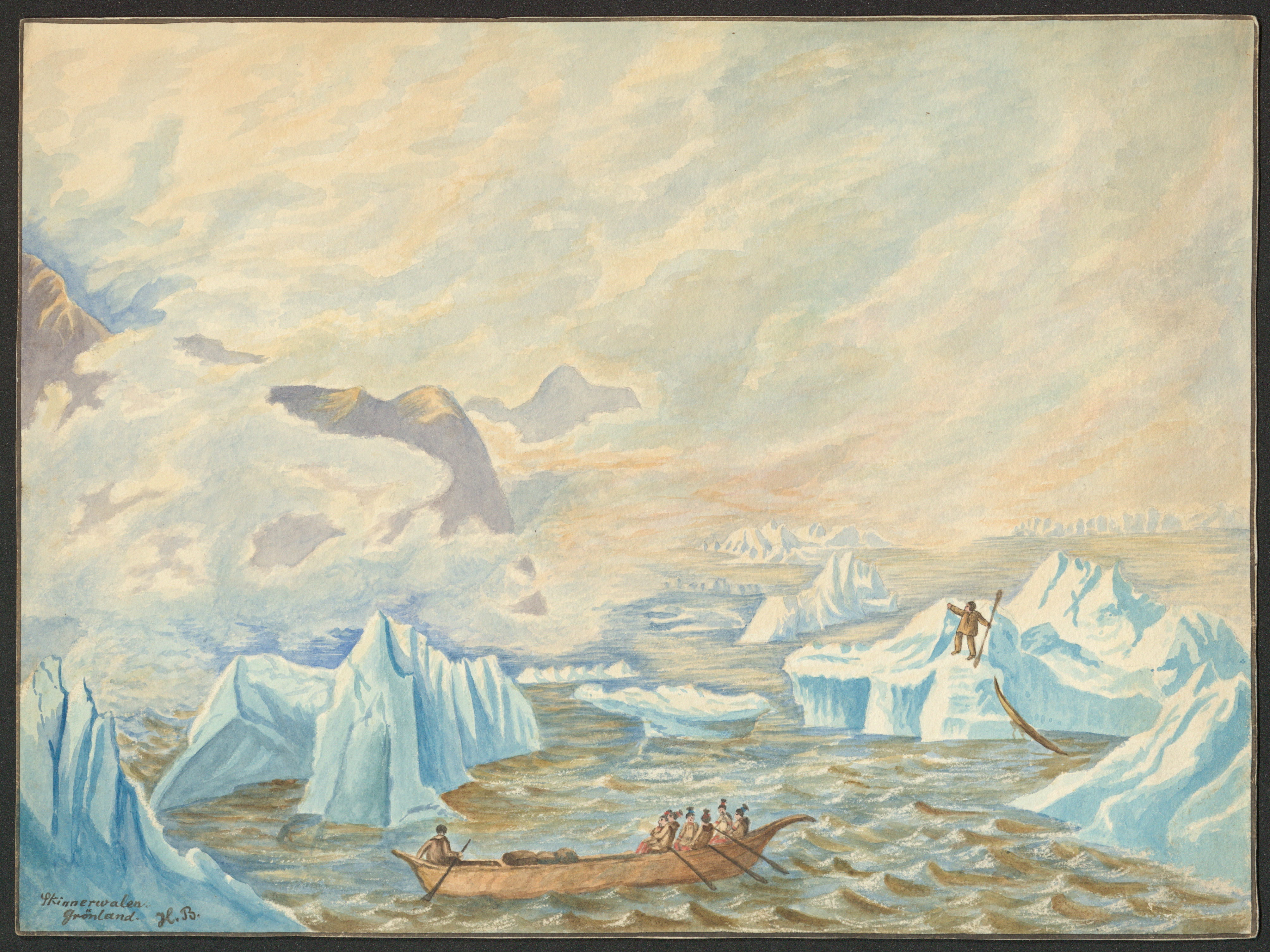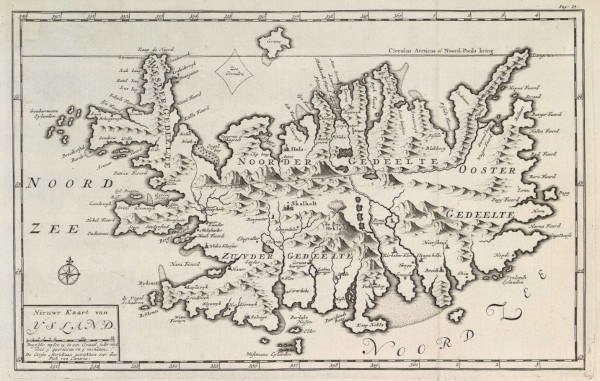Ongoing Projects
Principal investigator: Dr Joanna Kodzik
This research project is funded by ANR (French National Research Agency) for the period 2022-2025. It is dedicated to the cultural mobility and constructions of the Arctic in handwritten and published German sources from the 17th and 18th century. On the one hand, the little-known parts of the history of Greenland, Iceland, Sápmi, and the Faroe Islands will be investigated thanks to the analysis of mostly unpublished source material written by German-speaking missionaries from the Moravian Church at their mission stations and during their travels. On the other hand, research on the question of reception of knowledge about humans, nature and the climate of the Arctic provided by this material and discussed by scholars will be performed. Indeed, the interest in the Arctic was as keen as the attention given to these issues by scientists today, in the age of climate change. This project takes into account the approaches of cultural mobility, history of knowledge, historical spatial research, ethno-history and historical cultural anthropology. Based on these theories and discourses, the constructions of the European Arctic created in a continuous change of mental fractures or conflicts between the Protestant mindset of the missionaries, the political interests of decision-makers and the tradition-, language- and "representation communities" in the Far North will be discussed.

© Morvian Archives in Herrnhut
The MIARC team has prepared a bilingual interactive map (French/English) that is dedicated to the many and various institutions exhibiting Arctic collections in France and Monaco.
Arctic collections in France and Monaco offer a wealth of learning opportunities about the history, life and culture of indigenous people as well as the climate, biodiversity and exploration of the Arctic. Art galleries, cultural institutes as well as ethnographic, art, natural history and oceanographic museums constitute a first approach to the Far North.
Please click on the image below to acess the interactive map.
© Floralie Dupré
Edition project by the University of Paris Saclay/UVSQ, the University of Iceland and Sögufélag - Icelandic Historical Society on the Moravian handwritten source material from the journey to Iceland 1740-43 (Joanna Kodzik and Sumarliði R Ísleifsson).
This project is dedicated to Moravian handwritten source material from the 18th century (1730-1760) about Iceland. It aims to shed light on unknown part of the history of the Moravian church and analyses the foreign views of Iceland in one of the earliest German eye-witness accounts from this island which is rare in the Icelandic history in this time. The project focuses on the cultural mobility between the German religious group mentioned above and the Icelandic culture explaining ideas about the space, human and climate. It fits the gap in the research on the Moravians in the Arctic who run mission stations in Greenland, Labrador and Alaska and produced significant knew knowledge about people living in Iceland. One of the special values of this project is the analysis of ideas and world views produced by not very well-educated people which deals with life, problems, believes, work and emotions of people from the lower social class – rare sources which were not often produced by craftsmen, farmers or fishers etc. in the 18th century.



